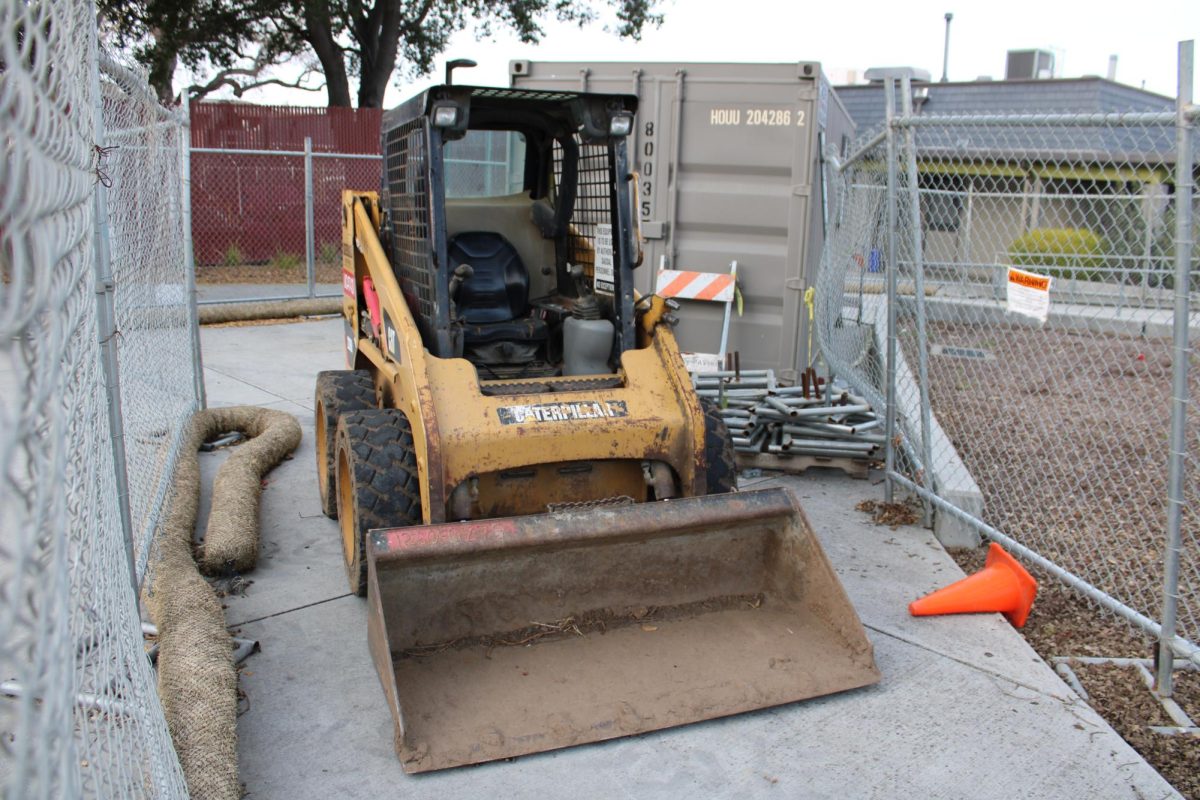Written by Carolyn Kuimelis and Stephy Jackson
This December, the U.S. Education Department’s Office for Civil Rights (OCR) presented the Palo Alto Unified School District (PAUSD) with a proposed Resolution Agreement related to sexual harassment cases from previous years not handled according to district protocol. The agreement has not yet been signed, and the PAUSD Board of Education is working with OCR on clarifying the specifics of the Resolution Agreement.
Included in the agreement is a list of requirements for the district to follow regarding the previous sexual harassment cases and steps to take for future cases. The cases that the Resolution Agreement is based on were not properly investigated under Title IX, a civil law that prohibits discrimination on the basis of sex in any educational programs that receive federal funding. According to OCR, the school district did not diligently follow procedures or carry out investigations the way they were supposed to. From 2011 to 2014, PAUSD received 12 complaints from OCR about its lack of adherence to Title IX law.
If signed, the proposed Resolution Agreement will ensure that PAUSD’s policies are in alignment with Title IX laws moving forward. “We need a better system of keeping these policies updated, and OCR is going to help us do that,” Superintendent Max McGee said. It will also require the district to turn over investigations of old sexual harassment cases and behavioral incident reports to OCR. The agreement will mandate that the district provide victims with counseling and allow them to retake exams given during the period of time when they were affected by sexual harassment.
Another potential outcome of the agreement is the anonymous tip line. Using this, students and staff will be able to report incidents of sexual harassment within their school. “I think [the tip line] will provide some important information about what the culture really is like, [and whether] this a pervasive problem or a one-off issue,” McGee said. “I think that’s important because if it is a cultural issue, it’s going to take more than policies and some training exercises to change it.”
Although the majority of Board members were supportive of the staff recommendation to substantially comply with the proposed Resolution Agreement, some Board members are concerned about entering into an open-ended agreement.
Board member Todd Collins brought up the issue of the need for clarification when it comes to specific terms and costs of the agreement. “We wanted to be careful about any entering into open-ended agreements,” Collins said. Another concern he has with the agreement is that if the Board and OCR allowed certain investigations on reports from 10 years ago or even later to be revisited, then the cost of such a program would be extremely expensive. “We wanted to get clarity with the agency about what that really looks like and to make sure that it wasn’t so prohibitively expensive that it would deliver on our main mission [to educate current students],” Collins said.
McGee has expressed his concern about the potential cost of such investigations and about whether or not the district has enough time and resources to follow through with the scope of the investigations. Originally, he wanted to investigate cases only involving students still enrolled in PAUSD schools. However, the majority of the Board agreed that investigating past cases concerning graduated students is an important part of taking steps toward creating a district free of sexual harassment.
Board member Ken Dauber believes that there are two reasons why investigating previous cases is important. “One being that we still owe an obligation to those students, even if they’re former students, to help address whatever harms they suffered, which could involve academic adjustments, could involve support for therapy, counseling—those kinds of things,” he said. “I think just as importantly, we have an obligation to understand what happened in the past because many of the same practices and policies and staff who were involved in the past in whatever issues there might be are still here, and so until we really understand what has gone wrong, we can’t put ourselves in a position to fix it, and so I’m interested in learning more rather than less.”
Board member Melissa Baten-Caswell has been an active member of the Board in the resolution process and has spoken up about the need for clarification in the agreement. “We need legal guidance to make sure that the language is tight enough that we are not opening up [the] district for liabilities that we won’t expect,” she said. Baten-Caswell was a Board member when another resolution agreement was passed, and from that experience, she learned that in order to follow through on an effective resolution agreement, it is imperative that a letter of findings is presented before the signing of the agreement. “Last time we did a negotiated resolution, they didn’t give us a letter of finding in advance,” Baten-Caswell said. “After the specific agreement steps were agreed to, a letter of findings came forward that had some things that we did not expect and did not necessarily agree with. I’m just surprised that we are not learning from that.”
McGee echoed Baten-Caswell’s concern. “I’m a little concerned that OCR is not issuing a written letter of findings before we sign the Resolution Agreement because we are signing a document committing significant time and money based on verbal exchanges and not on anything from OCR written in black and white,” he said. “I would prefer to have clarity as to what exactly we are agreeing to rectify, but in this case, we need to trust that OCR will not change or add to what they shared with us over the course of several conversations.”


















